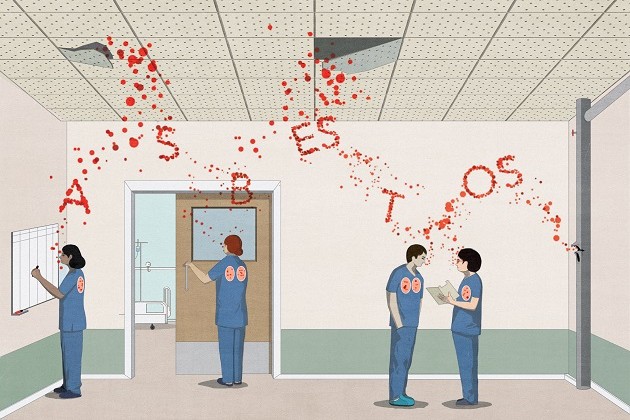News
New immigration rules and delayed pay could significantly impact nursing workforce
The late NHS pay award in England could see overseas nursing support workers ineligible for visa renewals

Connect with us:
Changes to visa rules announced by the Home Office will increase the minimum salary threshold for a Skilled Worker visa from £23,200 to £25,000, below the current entry-level salary for a band 3 NHS worker, including nursing support workers.
We’ve written to home secretary Yvette Cooper warning that unless the next pay award brings band 3s back above this threshold, it risks making entry-level NHS band 3 workers permanently ineligible. This could have significant ramifications for the nursing workforce.
The visa changes are UK-wide, but Scotland won't be affected by the salary threshold increase as pay for band 3 is already above the cut off.
We can’t afford to lose the invaluable contribution nursing support workers make to safe and effective patient care. They are involved in every health and social care setting, providing frontline care.
The changes are due to take place on 9 April, and we’re not expecting this year’s NHS Agenda for Change pay award to be implemented prior to that date. This risks leaving entry-level band 3 staff – who are already working in the UK and whose visas are currently up for renewal – ineligible. It’s important to note this won't affect existing visas, only new applications and renewals.
In the letter, RCN General Secretary and Chief Executive Professor Nicola Ranger said: “A delayed pay award will mean that entry-level band 3 staff will become ineligible for visa renewals until a revised pay scale is in place.
“If action is not taken by the Home Office and Department of Health and Social Care to address this gap, it will have devastating consequences for those affected.”
We want to know what plans are in place to address this issue and whether NHS staff will still be awarded visas while they wait for the 2025/2026 pay award to be implemented. The delays they are facing are not their fault.
Without intervention, those who are unable to renew their current visas will have 60 days to seek alternative employment that takes them above the £25,000 threshold, under the current sponsorship system from the Home Office.
The implications would also extend to settings such as social care, with the pay for many care roles falling short of the new £25,000-a-year threshold. While the UK government has committed to a Fair Pay Agreement for staff in social care, implementing the new threshold rise prior to any agreement risks leaving care workers without a way to renew their sponsorship and at risk of exploitation by their employer.
We’ve previously raised concerns with the Home Office over the delays to the investigation into the exploitation of internationally educated nurses working in social care. The delay is leaving these care workers at risk from unscrupulous employers who are using repayment clauses to demand thousands of pounds from migrant care workers, leaving staff unable to leave their jobs and trapped in appalling conditions years after they were first hired.











